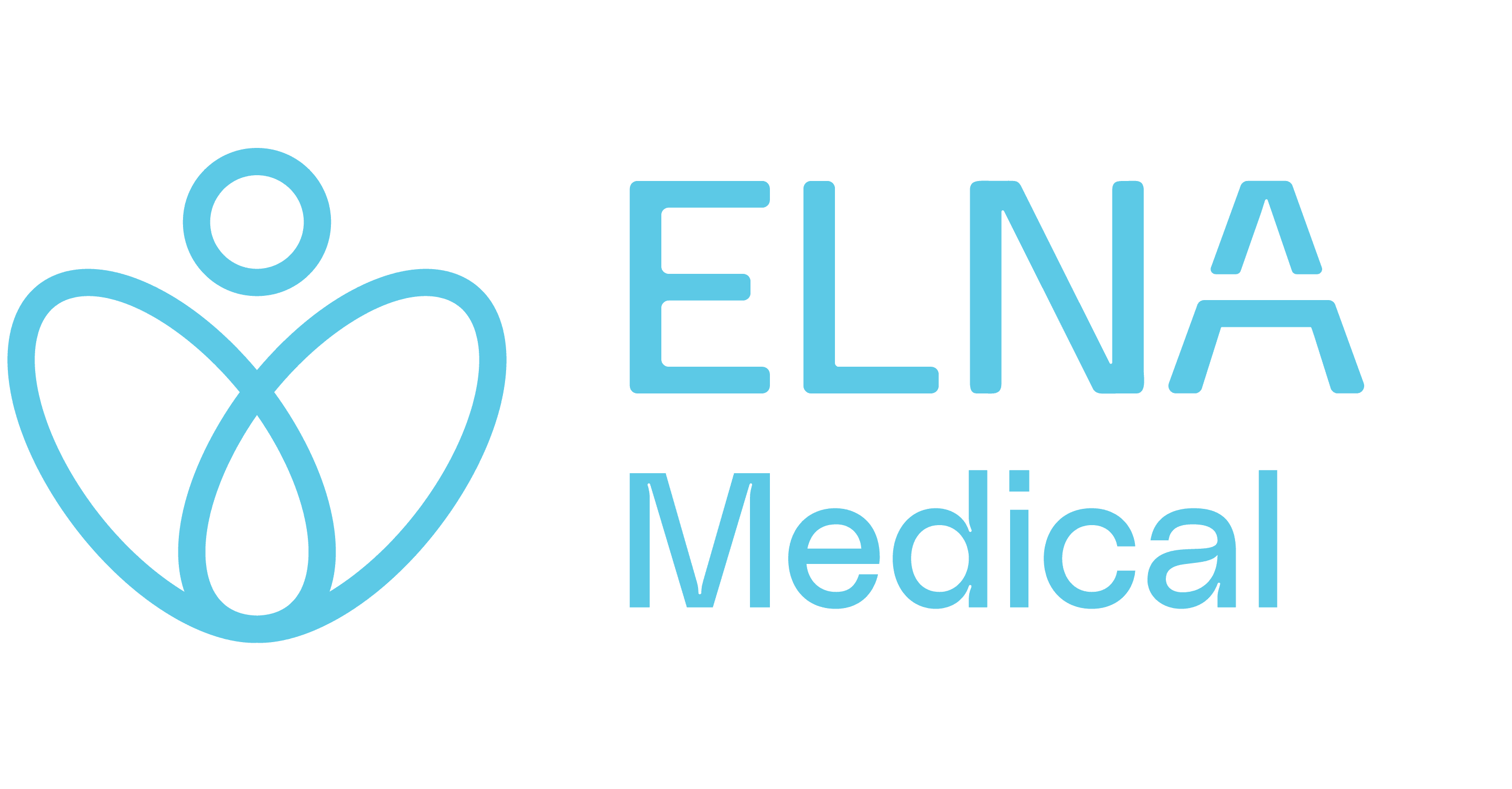Depression is not just “feeling blue,” nor is it just “in your head.” Depression certainly does affect mood: clinical depression involves a depressed mood and/or a loss of interest in or enjoyment from activities on most days, for most of the day for at least 2 weeks. Feelings of sadness, emptiness, hopelessness, or excessive guilt can occur. However, symptoms of depression may not be limited to your emotions.
You may have heard of behavioural/cognitive depression symptoms. People with these symptoms experience changes in the way they are able to think, concentrate, and remember information. They may have difficulty making decisions, have self-doubt about decisions they’ve made, or avoid situations in which they must make a decision. They may also exhibit changes in their behaviour, such as avoiding social and work activities. Some people may experience physical symptoms, which they may think are not related to depression. However, these symptoms are linked to depression.
Physical symptoms of depression include:
- problems with sleep: sleeping more than usual or not getting enough sleep
- changes in appetite or weight: usually a decrease in appetite, leading to weight loss, but occasionally an increase in appetite, causing weight gain
- fatigue or decreased energy: feeling lethargic or constantly tired
- unexplained aches and pains: stomach pain, headache, neck and back pain, or muscle aches that have no known physical cause
Remember that your symptoms of depression are unique to you. Your experience of depression may be very different from the experience of another person with depression. You may have symptoms that are similar, you may experience one type of symptom to a greater degree, or you may have symptoms that another person with depression doesn’t have at all.
There are many different causes for depressive symptoms too. You may have gone through a stressful time recently, or perhaps you have a medical condition that can present with similar symptoms, such as hypothyroidism (low thyroid hormone levels) or menopause. Some substances, including alcohol and street drugs, can make your symptoms worse.
It’s important to work with your health care provider to gather a comprehensive history about yourself, including your medical conditions, lifestyle habits and history of mental health issues. Keep in mind that only a doctor can make a proper diagnosis of depression based on your symptoms, and then recommend a treatment that will be right for you.
Fortunately, there are a variety of treatment options available to treat depression.
Psychological counselling, also known as “talk therapy”, is one of the most effective methods and comes in different forms, such as cognitive-behavioural therapy (CBT) and interpersonal therapy (IPT). Your doctor may also prescribe antidepressant medications to help with your symptoms, either on their own or alongside counselling.
Never feel as if you’re alone! With video calls and online communication apps being more accessible than ever, you can always reach out for help, whether through your doctor, your social network or other health care professionals involved in your care. You can also visit websites including the Canadian Mental Health Association to learn more about self-help groups and other resources.
All material copyright MediResource Inc. 1996 – 2023. Terms and conditions of use. The contents herein are for informational purposes only. Always seek the advice of your physician or other qualified health provider with any questions you may have regarding a medical condition. Source: www.medbroadcast.com/healthfeature/gethealthfeature/Depression-Symptoms-Not-Just-Feeling-Blue
If you have an anxiety disorder, depression, attention-deficit disorder or any other type of mental illness, a psychiatrist will evaluate your needs and ensure that you receive a personalized treatment plan. At ELNA Medical, our professionals are committed to your mental health.















